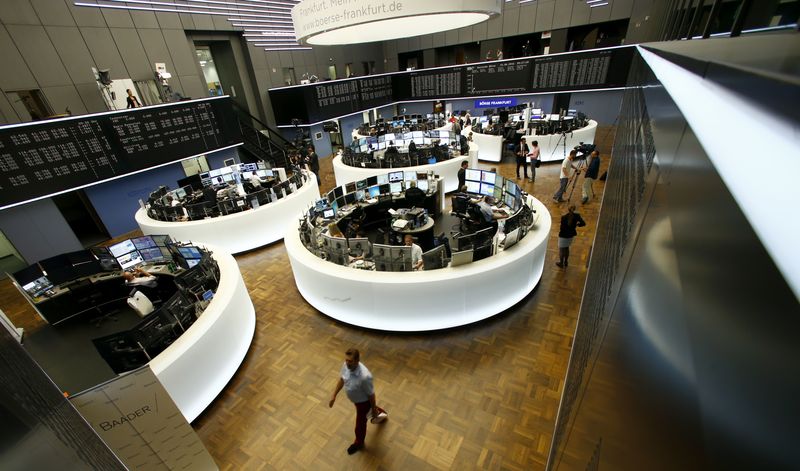Investing.com -- Recent stimulus measures introduced by the Chinese government have bolstered European stock markets, but not enough to turn around Bank of America's negative outlook for equities in the region.
In September, Beijing unveiled a sweeping package of new policies, including an outsized cut to interest rates and a reduction in existing mortgage costs, as it looked to reinvigorate to China's sputtering economy and teetering housing sector.
The People's Bank of China also announced a swap program with an initial size of 500 billion yuan designed to give funds, insurers and brokers easier access to funding needed to purchase stocks. The PBOC also said it would provide up to 300 billion yuan in cheap loans to commercial banks in a bid to help them fund share purchases and buybacks by listed companies.
In a note to clients on Friday, analysts at BofA noted that the pan-European Stoxx 600 has rallied by roughly 2%-3% to a fresh record high since the measures were first announced, with China-exposed sectors outperforming in particular. European luxury groups, which rely heavily on sales in the lucrative Chinese market, were particular beneficiaries.
However, while the support policies may provide a boost to China in the months ahead, the BofA analysts flagged that the magnitude of the growth "remains murky," adding that they still see "downside" to the eurozone manufacturing and services activity.
"Our macro projections are consistent with rising equity risk premia and deteriorating earnings expectations, implying nearly 15% downside for the Stoxx 600 to 450 in [the second quarter] next year and 10% renewed underperformance for European cyclicals versus defensives," the analysts wrote.
"Our preferred cyclical underweights are those most sensitive to rising risk premia that have not participated in the broad cyclical weakness since the summer (banks and capital goods), while our preferred defensive overweight is food [and] beverages, which remains priced for very little macro risk. As cyclical hedges, we continue to like China-exposed cyclicals that have corrected sharply over the summer (luxury goods and [semiconductor firms])."
